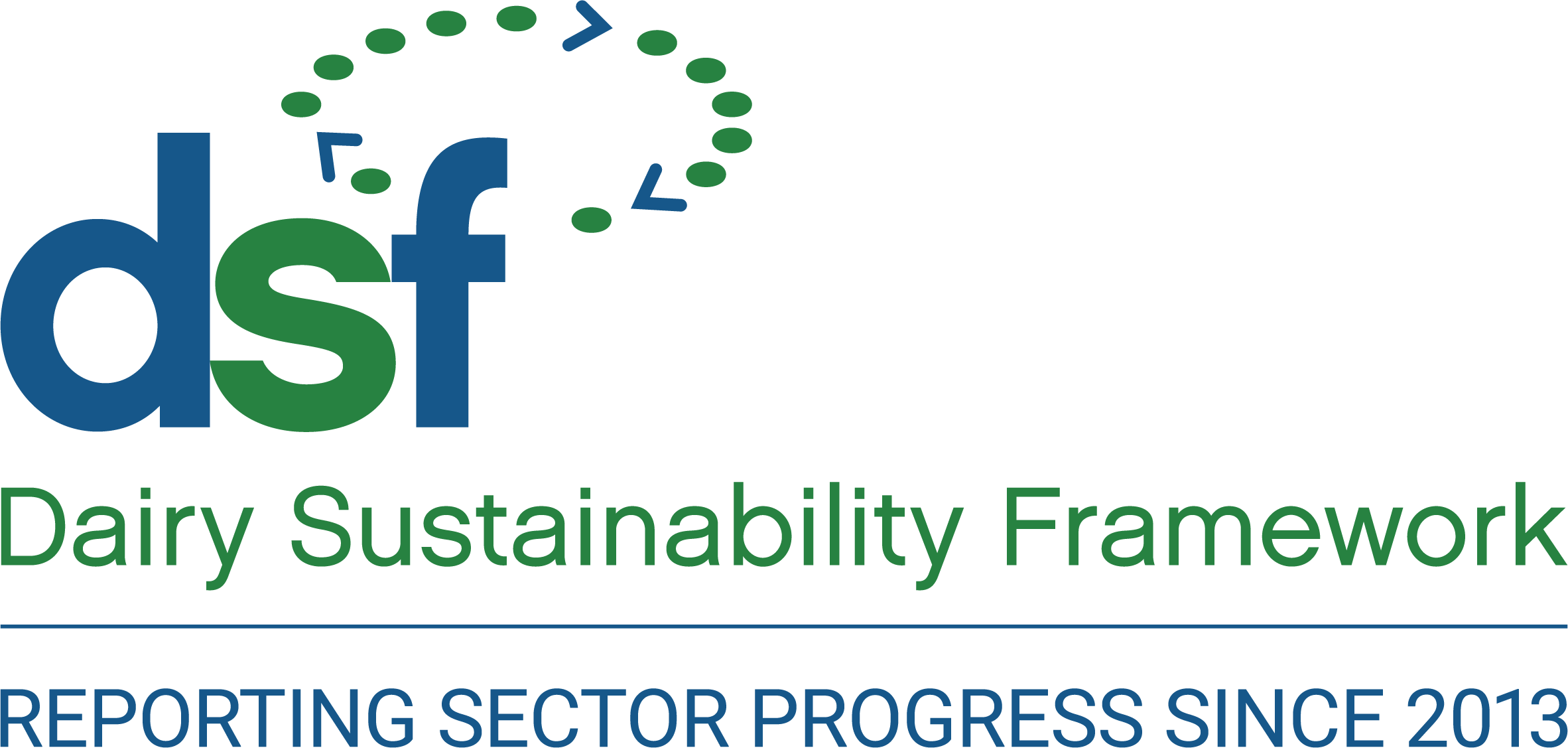Dairy at UNEA-6, Feb 26 – March 1, 2024
Dairy at UNEA-6, Feb 26 – March 1, 2024
 What is UNEA? The United Nations Environment Assembly (UNEA) is the world’s highest-level decision-making body for matters related to the environment, with a universal membership of all 193 Member States.
What is UNEA? The United Nations Environment Assembly (UNEA) is the world’s highest-level decision-making body for matters related to the environment, with a universal membership of all 193 Member States.
It sets the global environmental agenda, provides overarching policy guidance, and defines policy responses to address emerging environmental challenges. It undertakes policy review, dialogue and the exchange of experiences, sets the strategic guidance on the future direction of the UN Environment Programme (UNEP), and fosters partnerships for achieving environmental goals and resource mobilization.
The UNEA program focuses on what is known as the triple planetary crisis;
- Climate Change
- Nature and Biodiversity Loss
- Pollution and Waste
It is appreciated that for all three of these areas, agriculture is either playing a role in impacting or being influenced by the outcomes of the associated change. In previous UNEA (traditionally conducted every 2 years, though the UNEA-6 decision was to have a UNEA every year from now) agriculture has not been a major part of the dialogue. Many of the resolutions submitted at UNEA-6 contained either direct or indirect links to agriculture and rural communities.
Global Dairy Platform attends these meetings to ensure that stakeholders and policy makers are aware of the efforts global dairy is investing in all three of these areas and the quantified progress to date. Importantly it is an opportunity to also explore and forge partnerships with other allied groups be they public or private sector in delivering initiatives with impactful outcomes.
GDP is at these meetings as part of a Constituency Group (when you are not a Member State you need to be a member of a Constituency Group to take part in any of the meeting) known as the Business and Industry Major Group. This is a group from a diverse number of industries ranging from dairy to plastics to fertilizers, mining to fossil fuels and chemicals (inc. Ag Chem). Even within this Constituency Group we can identify collaborative opportunities.
Member States are negotiating resolutions that have been submitted by (individual or collective) Member States and seek to agree these legally binding resolutions. At this UNEA-6 meeting, 15 of the original 21 proposed resolutions were approved. If you want to see the types of resolutions that were debated and agreed, you can access these here. Resolutions were categorised into five different clusters that ranged from management of chemicals and waste to reversing the loss of nature and restoring eco-systems to addressing the root causes of climate change, nature, biodiversity loss and pollution.
 The DSF annual reporting was invaluable at this meeting. When meeting with country negotiators or other key stakeholders such as the Climate and Clean Air Coalition, who also conducted events alongside the UNEA, being able to share the proactive activities (case studies) and the annual reporting with them is extremely well received. Stakeholders do not expect us to be perfect (no industry is!), though what they like is that the dairy sector is investing in collecting and processing data to track progress (or not) and can use this to implement appropriate strategies to support the needs identified by the tracking. The work the dairy sector does at UNEA and the COP events is invaluable in educating and empowering negotiators and their Member States so that, by providing the right policy environments, proactive industries such as dairy can act responsibly and support the joint ambition of addressing the triple planetary crisis. In agriculture we need nature and biodiversity to thrive to be able to deliver dairy nutrition for the world population as it grows.
The DSF annual reporting was invaluable at this meeting. When meeting with country negotiators or other key stakeholders such as the Climate and Clean Air Coalition, who also conducted events alongside the UNEA, being able to share the proactive activities (case studies) and the annual reporting with them is extremely well received. Stakeholders do not expect us to be perfect (no industry is!), though what they like is that the dairy sector is investing in collecting and processing data to track progress (or not) and can use this to implement appropriate strategies to support the needs identified by the tracking. The work the dairy sector does at UNEA and the COP events is invaluable in educating and empowering negotiators and their Member States so that, by providing the right policy environments, proactive industries such as dairy can act responsibly and support the joint ambition of addressing the triple planetary crisis. In agriculture we need nature and biodiversity to thrive to be able to deliver dairy nutrition for the world population as it grows.
